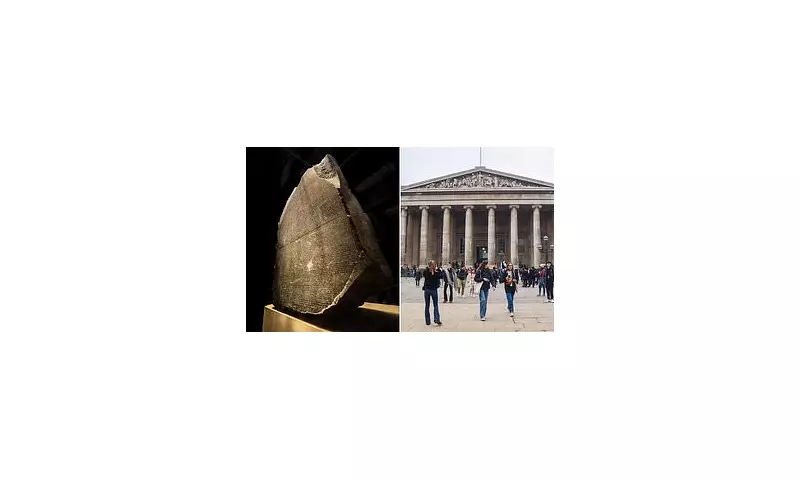
The British Museum is confronting intensifying demands from Egyptian authorities to relinquish one of its most prized possessions—the legendary Rosetta Stone—amst growing global calls for Western institutions to return cultural treasures taken during colonial eras.
The Heart of the Dispute
Egyptian archaeologists and cultural officials have launched a concerted campaign arguing that the 2,200-year-old granite slab, crucial to deciphering ancient Egyptian hieroglyphs, was essentially looted by British forces in the early 19th century. They contend the artefact represents a vital piece of Egypt's national heritage that rightfully belongs in its country of origin.
A Symbol of Colonial Legacy
The Rosetta Stone, discovered by French soldiers in 1799 and subsequently seized by the British after Napoleon's defeat, has resided at the British Museum since 1802. Museum officials have long maintained their legal ownership, but critics argue its acquisition occurred under questionable circumstances during Britain's imperial expansion.
Global Repatriation Movement Gains Momentum
This latest campaign forms part of a broader international movement seeing numerous countries demand the return of cultural artefacts removed during colonial periods. Several European and American institutions have recently begun returning contested items, setting precedents that strengthen Egypt's position.
The British Museum's Dilemma
The museum now faces a significant ethical challenge: balancing its role as a global repository of human history against growing ethical concerns about how many of its collections were acquired. The Rosetta Stone remains one of its most visited exhibits, making any potential return both culturally and financially significant.
What Happens Next?
While the British Museum has previously rejected repatriation requests, the current campaign represents the most coordinated effort Egypt has mounted. The outcome could establish important precedents for how Western museums handle similar claims regarding other contested artefacts in their collections.





